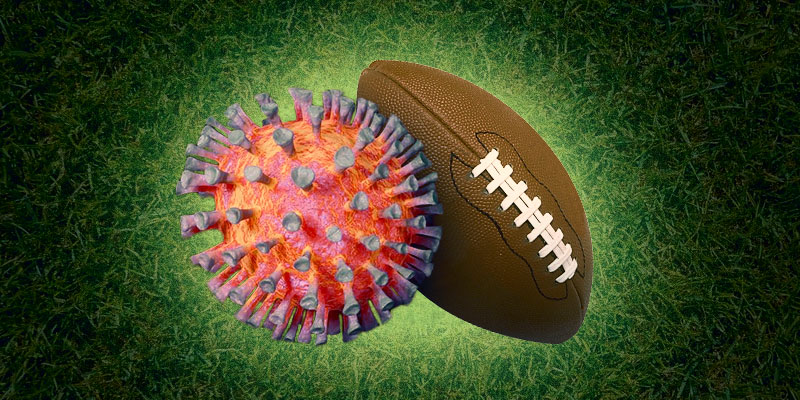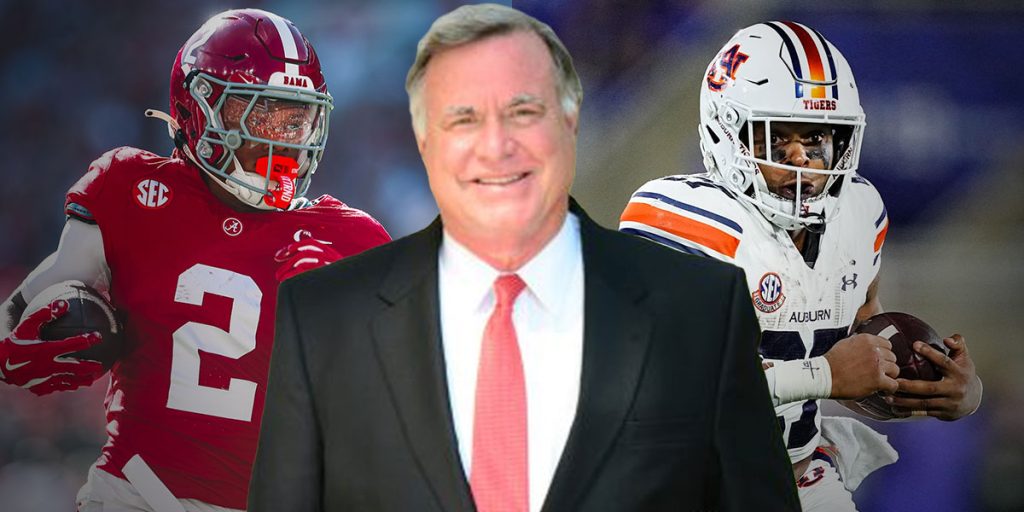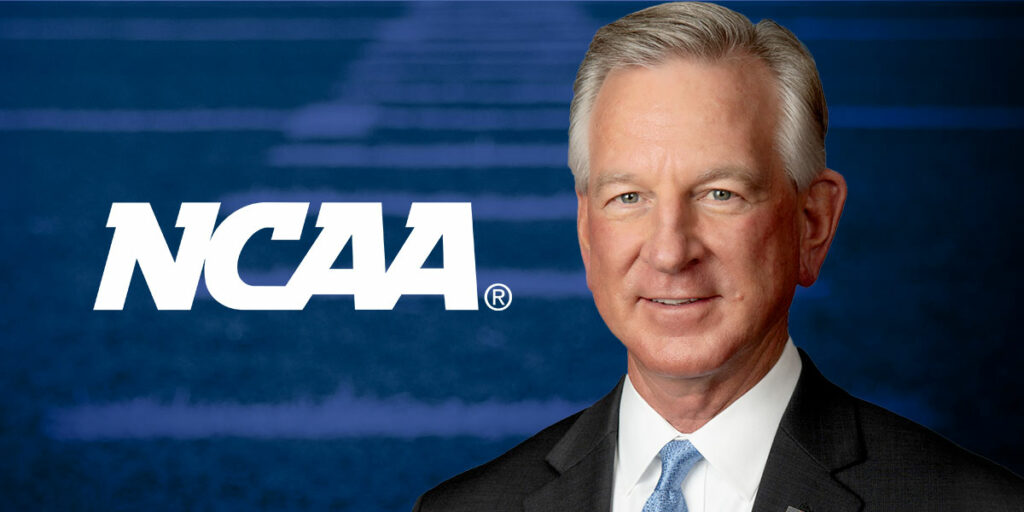Last year was unlike any other. January 2021, however, offered a familiar sight: Alabama won its sixth national title under coach Nick Saban. The 2020 Crimson Tide featured Heisman Trophy winner Devonta Smith, many other award winners, and rank among the greatest teams in history.
Before we debate history and look forward to next season, we should celebrate the tremendous sacrifices required of players to play through COVID-19. Coaches and staff also went beyond the call of duty but were getting paid. Most players will never play professionally and deserve a big “Thank You.”
College football is always demanding, but in 2020, players faced impositions like repeated testing, contact tracing and quarantine rules. They had to navigate virtual meetings, social distancing and masks on the sidelines. Many programs basically isolated players in the athletic dorms upon their return to campus in June. Marshall’s players only left Huntington for road games; Army’s players did not see their parents after the start of June.
In 2020, each conference decided how many games to play and four FBS conferences initially canceled their seasons. The SEC opted for a 10-game, conference-only schedule; the ACC and Big 12 allowed one nonconference game. Independents faced a nightmare, leading Notre Dame to play in a conference for the first time in the program’s history.
Game postponements due to COVID-19 began immediately. Troy’s season opener on Labor Day weekend was one of the first contests postponed. The chaos extended to television; Alabama’s November 14 primetime game on CBS against LSU was postponed.
Postponements led to scheduling on the fly. California and UCLA played on November 15 (a Sunday) after their games that week were called off. BYU agreed on Thursday to play a nationally televised game at Coastal Carolina two days later. The ensuing battle of unbeatens was one of the year’s best games.
Athletics departments reduced seating, when local governments allowed fans at all. Concessions and stadium entrances were reconfigured for social distancing. The adjustments reduced revenue and increased costs.
The 2020 season offers valuable economic and life lessons. Perhaps the greatest is the virtue of flexibility. Perhaps nobody exhibited this more than Alabama’s coach Saban, known for trying to control everything around his program. As the coach said, “I’ve spent my whole life trying to keep everything in some kind of a controlled mechanism,” but he realized that, “this year that hasn’t been possible.”
People make life plans involving a career and where to live, but our economy does not always accommodate. Our market economy creates the enormous prosperity we enjoy today. We find a way to contribute within the division of labor and then invest in education and training. Yet businesses sometimes fail and new technology can eliminate the jobs we’ve trained for. A willingness to adapt serves us and the economy well.
Conferences and not the NCAA control FBS football. Each conference decided whether to play, as opposed to one decision by the NCAA. When six conferences showed by example football could be played safely, the others launched abbreviated seasons.
Federalism similarly decentralizes decision-making across the states. Georgia and Colorado showed economies could reopen safely; Alabama and others showed that students could safely attend school. Dr. Anthony Fauci and other public health officials have criticized America’s federalism. We should be glad that Washington could not shut our entire nation down.
Universities faced enormous criticism for playing this season. As Alan Dowd points out in a recent piece for the American Institute for Economic Research, challenges and uncertainty can be viewed in two ways: as obstacles to be overcome, or as reasons to quit. College football gave us an example of the former. Similarly, gyms, restaurants and retailers figured out how to operate safely when politicians allowed.
Entrepreneurs starting new businesses face long odds and innumerable obstacles requiring hard work, ingenuity, and courage. College football showed us that even a pandemic can be overcome.
Daniel Sutter is the Charles G. Koch Professor of Economics with the Manuel H. Johnson Center for Political Economy at Troy University and host of Econversations on TrojanVision. The opinions expressed in this column are the author’s and do not necessarily reflect the views of Troy University.













